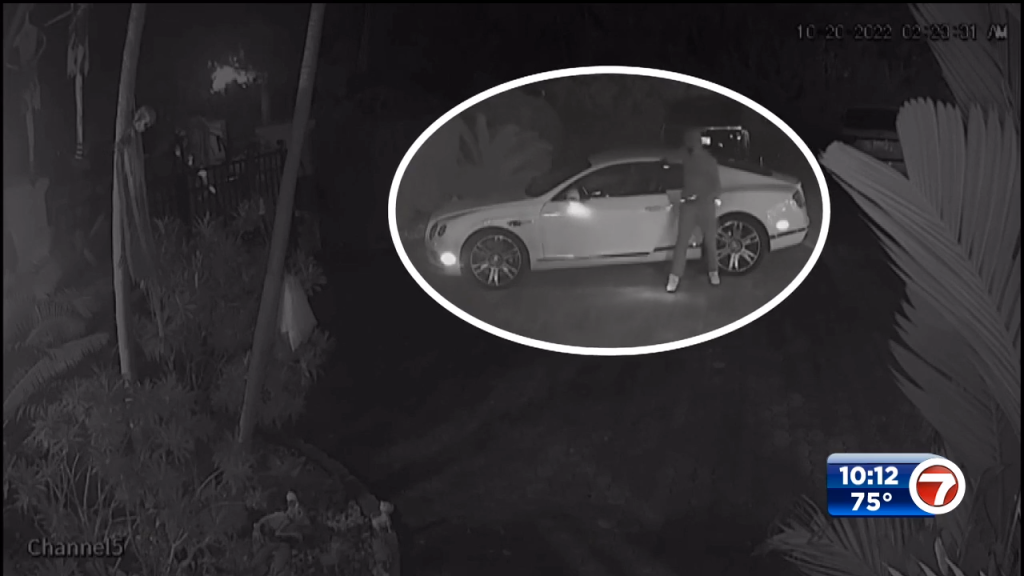Death row prisoners’ families worry after an inmate dies after his release
They are concerned severe prison conditions contributed to Huynh Van Nen’s death.

A former Vietnamese death row inmate has died six years after his name was cleared and he was released. Huynh Van Nen, 60, died of hepatitis and pneumonia at Vung Tau City Hospital on Sept. 13. His death raised concern among the families of other convicted prisoners because their health is being threatened by the severe living conditions in Vietnam’s prisons.
News of Nen’s death was posted on Facebook by Nguyen Than, a former Chairman of the People's Committee of Tan Minh Commune in the Ham Tan District of Binh Thuan Province.
He worked alongside Nen’s father for 20 years to seek justice.
Huynh Van Nen is known as the "prisoner of the century" because he was convicted in two consecutive murder cases: the death of neighbor Nguyen Thi Bong in Binh Thuan province and the murder of Duong Thi My, in 1993 for which Nen and nine of his relatives were convicted. He was imprisoned in 2008 and was only released in 2016 after serving more than 17 years.
The Binh Thuan judicial agency publicly acknowledged the wrongdoing and apologized to Nen and his family. He received VND 12 billion (U.S.$ 500,000) in compensation for the time he was unjustly imprisoned.
Information about Nen's death after only a few years of freedom made Nguyen Truong Chinh's family extremely worried.
Chinh is the father of death row prisoner Nguyen Van Chuong, who protested his innocence after being found guilty of being the main culprit in the murder of a police major in Hai Phong city in 2007.
“Through Mr. Huynh Van Nen's example we see how severe the Vietnamese communist prisons are,” he told RFA. “It is so severe that as long as my son is in prison, we are still extremely worried. Death row inmates waiting for execution like my son have one leg chained up day and night, so their physical and mental health suffers a lot.”
On the morning of Sept. 14, 2022, Chinh and his wife went to government agencies, the National Assembly and the Party Central Committee to complain about the injustice their son was facing but were held by the police who took them away and released them later.
In the case Chuong was convicted of, Major Nguyen Van Sinh of the Dong Hai ward police station, in Hai Phong city’s Hai An district was killed while on patrol. Chuong and four others were charged with his murder. He was sentenced to death while the other four were given between 12 months and life imprisonment.
The death row prisoner and his family have made many petitions, asking all levels of the administration to reconsider the sentence. Chuong alleges he was beaten and coerced by the investigator while the testimonies of the other suspects contradicted each other. The make of weapon described and the marks on the victim's body were inconsistent in their statements.
Lawyer Le Van Hoa was the Head of Inspection of Unfair Sentences of the Central Committee of Internal Affairs from 2013 to 2014 and was tasked with reviewing many unjust cases, including the case of Nguyen Van Chuong.
Mr. Hoa said that after studying Chuong’s case file, his team realized that the death sentence against Nguyen Van Chuong was full of holes.
"There is not enough basis to accuse Nguyen Van Chuong of being the mastermind as well as the perpetrator in causing the death of police major Nguyen Van Sinh,” he said. “Our judgment was made based on the testimonies of the accused and the results of the scene examination.”
“For that reason, in order to ensure the right person [is sentenced] for the right crime and the truth is objective, we had proposed the Central Committee of Internal Affairs consult with the National Assembly Standing Committee to direct and re-examine this case."
For unknown reasons, the Central Committee for Internal Affairs stopped looking into the case and the death penalty remains in place, he added.
Nen was one of many people who sat they were unjustly convicted in serious cases such as murder, robbery and rape. Those who were exonerated include Han Duc Long and Nguyen Thanh Chan.
In addition to death row inmate Nguyen Van Chuong, who pleaded not guilty, there were others such as Ho Duy Hai and Le Van Manh who also asserted that they did not kill people even though they were convicted.
Ho Duy Hai was convicted by three courts, including the Council of Judges of the Supreme People's Court, as the man who killed two female postal workers, Nguyen Thi Anh Hong and Nguyen Thi Thu Van, at Cau Voi Post Office in Nhi Thanh Commune, Thu Thua District, Long An Province on the evening of January 13, 2008.
Hai, born in 1985, was sentenced to death for murder.
The investigation violated the law in many instances such as destroying evidence, changing exhibits, omitting forensic evidence such as fingerprints and blood stains at the scene, withdrawing the evidence file that was in favor of the accused and ignoring claims by the accused that he was not guilty.
During the cassation court session in May 2020, the Judicial Council of the Supreme People's Court rejected the Procurator General's petition about annulling the first-instance conviction and appeal judgments for reinvestigation and overturning the death sentence for Hai.












